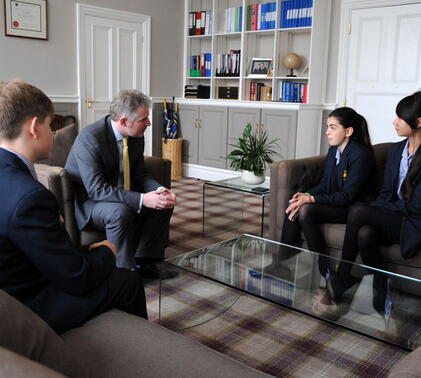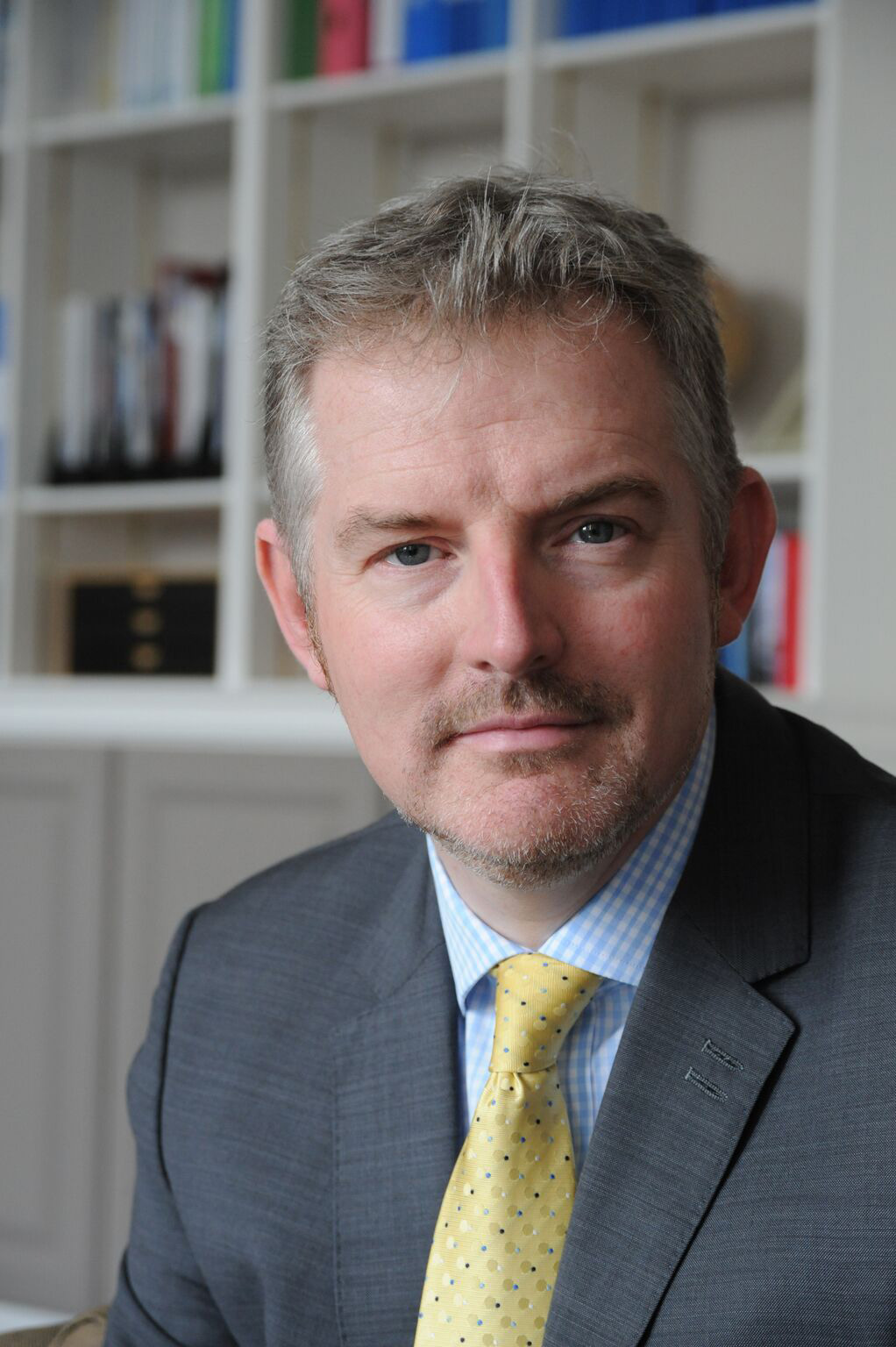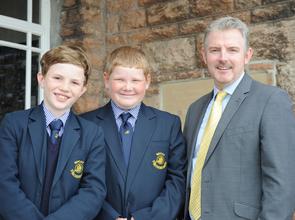
Taken from Insight, The Magazine for HMC, Iain Kilpatrick talks on behalf of Sidcot about joining HMC


Conference call: on joining the HMC
I started my teaching career in an HMC school and then became headmaster of an IAPS school before moving to Sidcot in 2012. The school had been a member of the Society of Heads for some time but there was a desire from the board of governors for the new head also to seek membership of HMC.
I remember contacting Ian Power to register interest in joining and start the process. After an initial visit from Ian we progressed to the four day accreditation visit, a rigorous process – to my mind far more so than an ISI inspection – which scrutinized every aspect of the School: governance, quality of teaching and learning, boarding provision, pastoral care and the extra-curricular offer. If I’m honest I was not prepared for such a thorough examination. Ian assured me from the outset that it was not an inspection, nor did it feel like one – for the first ten minutes after the team’s arrival! However, the comprehensive report which followed the visit was clear, insightful and extremely useful to me as a new Head in identifying our strengths and areas for development. This was something I could take to the Board when formulating the next iteration of the school development plan.
So, at the end of the accreditation process I was recommended for election to HMC: great for Sidcot, but what then?
My experience of membership has continued to be a positive one with perhaps the most compelling aspect being the divisional structure of the organisation. Sidcot is a member of South West division which includes a diverse range of schools from a relatively wide geographical area. Divisional meetings are lively, collegial and informative with interesting speakers and discussion topics. The opportunity to share good practice and learn from the experience of others is invaluable as is the support that heads give each other in dealing with the pressure that inevitably comes with the job.
Yes, we are sitting down to dinner with competitor schools – such is the game we are in – but I have found an overwhelming willingness to leave this aspect at the door and focus on the issues that unite our schools and in which we must find a collective voice in promoting the very best in independent education in an increasingly complex and, at times, hostile political landscape.
What am I hoping to gain from continuing membership? I have taught in the independent sector for twenty years and been a head for ten of them, yet can scarcely remember a time when there have been greater challenges to overcome: bourgeoning educational reform, traditional parents being priced out of the market, geo-political uncertainty threatening new markets, government that is at best apathetic to the sector and at worst machinating against independent schools.
Sidcot is a Quaker school and one of the tenets that speaks most clearly to me in my daily life at school is from a Quaker educationalist, Janet Gilbraith, who wrote that “the two qualities which are most important to the children of today are hope and imagination. Hope to believe they can change the world they live in and imagination to find ways to do so.”
To this I would add independence: independence of thought, independence of decision making and independence of action. I hope that HMC will long uphold and promote these values. We need to be strong in the face of adversity and I would like to see the Association continue to provide a shop window for excellence in education and a voice that represents not only its members but the thousands of pupils, parents and staff that make up its school communities the length and breadth of the country.





